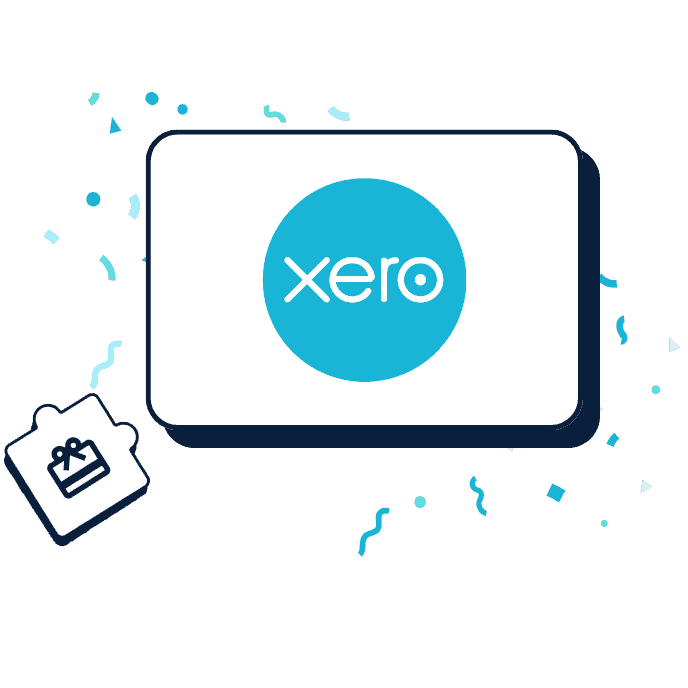If you purchase goods and services for your business, the price paid is generally inclusive of goods and services tax (GST). Businesses are eligible to claim ‘GST credits’ (otherwise known as an input tax credit) on the GST paid for the goods and services. An important requirement to be across is the goods and services purchased must be for business purposes only. Business owners should also be aware you need to register for GST prior to lodging a claim for GST credits. This article will help you navigate what GST credits are and the circumstances when a business is eligible to make a claim.
Is my business eligible to claim GST credit?
Businesses must first register for GST in order to make a claim. Your business may be eligible to claim the GST included in the price of goods and services purchased for business use, only if you meet these conditions:
- The purchase relates directly to business use.
- You have a tax invoice for proof of purchase where the cost exceeds $82.50 (AUD).
- The price paid for the goods or services include GST.
- You have paid or will be liable to pay for the item purchased.
If you meet the above, a business can claim GST credits through a business activity statement (‘BAS’). It is also important to keep in mind there is a four year limit for any business claiming GST credits. Likewise, if a business were to lodge a claim after this period, the ATO is unlikely to approve the claim.
GST credits, business and personal use
There may be instances where you have purchased goods or services for both personal and business use. Businesses can only claim GST credits on the proportion of the purchase used for business purposes. You may need to calculate and appropriately adjust the amount to be claimed. The amount should accurately reflect the proportion it is used for business purposes.
Exceptions
Understandably, there are exceptions to GST credits. Some exceptions include:
- A business that is not registered for GST.
- The goods or services purchased are for personal/private use.
- Purchases that are ‘GST-free’ goods (do not include GST in their purchase price). Some examples include basic food, some education courses, some medicines and aids, any purchases made in duty-free stores and some financial services.
- As of 1 January 2019, some menstrual products are GST-free according to new laws. It is important for businesses to be aware they are therefore unable to claim GST credits.
- Any purchases claimed after the four year time limit has passed in relation to GST credit.

Get 90% off Xero for your first 6 months
Special rules
The ATO has listed ‘special rules’ in relation to claiming GST credits on some specific areas. Businesses should be familiar with these special rules, if wanting to make a claim. Some of these include:
- Pre-establishment costs for setting up a business
- Second hand items
- Periodic payments (e.g. lease payments)
- Purchases made using a corporate credit card
Key Takeaways
Businesses need to understand the circumstances when they are eligible to claim GST credits. The first step is registration for GST; it is essential to make a claim on goods and services purchased for business use. Furthermore, they should ensure the GST being claimed are in relation to goods and services purchased are for business purposes only. If in doubt, we suggest you to speak with a business lawyer to help you with any further questions.
Don't know where to start?
Contact us on 1800 529 728 to learn more about customising legal documents, obtaining a fixed-fee quote from our network of 600+ expert lawyers or to get answers to your legal questions.






